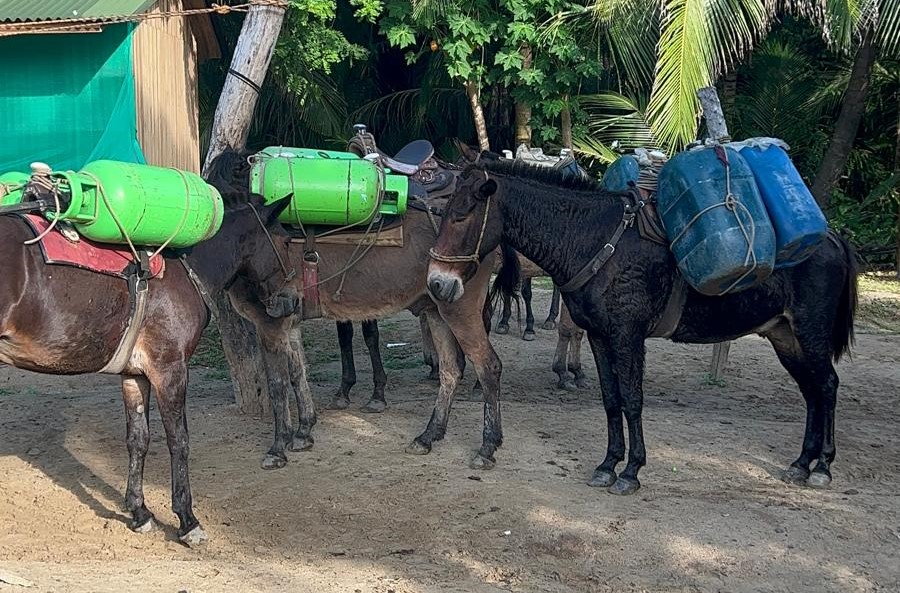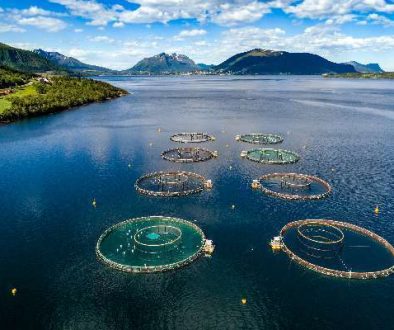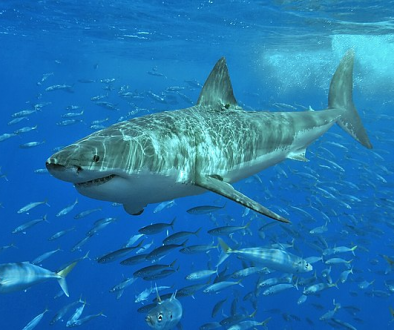The Unseen Suffering of Donkeys: A Silent Crisis in Global Transportation

The Unseen Suffering of Donkeys: A Silent Crisis in Global Transportation
Donkeys, often revered for their gentle nature and hard-working spirit, are a familiar sight in many parts of the world. From the arid deserts of Africa to the bustling streets of Asia, donkeys have been instrumental in carrying goods, people, and supplies where other forms of transportation are either impractical or unavailable. However, beneath their stoic demeanor lies a reality of suffering that is too often overlooked. Across the globe, these loyal creatures endure extreme hardships as they are exploited in the service of transportation, often subjected to inhumane conditions that severely impact their health and well-being.
The Hard Life of a Donkey in Transport
In many developing regions, donkeys are not just animals; they are a lifeline. In rural villages, mountainous areas, and areas where road infrastructure is underdeveloped or non-existent, donkeys are the primary means of transport. They are used to carry everything from firewood and crops to building materials and even people. In places where mechanized transport is unaffordable or unavailable, the donkey becomes a critical workhorse.
However, this extensive use for transportation often comes at a heavy cost. Donkeys are burdened with heavy loads that far exceed their physical capacity. They are forced to travel long distances over rugged terrains, often without adequate rest, food, or water. In many parts of the world, donkeys are not given the medical care or humane treatment they desperately need. Instead, they endure constant physical strain, resulting in serious health issues such as lameness, malnutrition, and exhaustion.
Overburdened and Overworked
The most striking example of this exploitation can be seen in countries like India, Egypt, and Morocco, where donkeys play a crucial role in local economies. In India, for instance, donkeys often carry sacks of grain or bricks on their backs through harsh terrain, sometimes for up to 10 hours a day. Many of these donkeys are forced to work well beyond their physical limits, and when they show signs of injury or fatigue, they are often left to continue working, rather than receiving the necessary rest and medical care.
In Egypt, donkeys have long been used in the transport of heavy goods, particularly in rural areas and along the Nile. These donkeys face scorching heat, long hours of travel, and inadequate nutrition. With few regulations protecting the animals, they are often left in deplorable conditions, tethered in overcrowded stables with minimal care. The same is true in parts of Morocco, where donkeys are vital for transporting goods to and from remote villages. Many donkeys are overloaded with bags of fruit, vegetables, and even tourists, a practice that puts immense strain on their spines and limbs.
The Psychological Toll
The physical toll on these donkeys is immense, but the psychological suffering is also a hidden crisis. Donkeys are highly social animals, and their bonds with other donkeys and humans are significant. The constant work, lack of proper care, and harsh treatment often lead to behavioral changes, stress, and anxiety. They are often kept in isolation or forced to live in unsanitary conditions, further exacerbating their suffering.
Many donkeys in these regions are not provided with shelter from the sun or rain, leading to dehydration, heat stroke, and skin conditions. In extreme cases, donkeys are known to suffer from the psychological effects of “learned helplessness,” a condition where they lose the will to resist or react to their environment due to prolonged mistreatment.
Lack of Legal Protections
One of the main reasons this issue persists is the lack of legal protection for donkeys in many countries. While some nations have animal welfare laws, enforcement is often weak or non-existent in rural and impoverished regions. In some areas, donkeys are not even recognized as living beings with rights but are treated as mere property or tools for labor.
In countries with heavy reliance on donkeys for transport, efforts to improve their welfare are often overshadowed by the need for economic survival. Farmers and traders who rely on donkeys to transport goods may not have the resources or knowledge to provide better care, and the demand for donkey labor continues to overshadow any concerns about animal welfare.
What Can Be Done?
While the situation is grim, there are signs of change. In recent years, animal welfare organizations and local advocacy groups have worked tirelessly to raise awareness about the plight of donkeys used in transport. These efforts include providing veterinary care, promoting proper nutrition, and advocating for more humane treatment practices. In some countries, donkey sanctuaries and rescue organizations have also sprung up, offering a safe haven for donkeys that have been overworked and abused.
Governments and international organizations can play a vital role by enacting and enforcing laws that protect donkeys and other working animals. Providing education on humane animal treatment and sustainable alternatives for transport can also help alleviate the burden on donkeys. For example, encouraging the use of carts designed to reduce strain, or offering financial support to those who rely on donkeys for transportation, could reduce the reliance on overworking these animals.
Moreover, raising global awareness about the suffering of donkeys through media, social platforms, and documentaries can shift attitudes and encourage more ethical treatment. Donkey adoption programs and tourism-based initiatives also offer a way for people to engage with and support donkey welfare while promoting sustainable alternatives for transport.
Conclusion
Donkeys have served as indispensable partners to humans for centuries, but their loyalty and hard work come at an unbearable cost. The exploitation of donkeys as beasts of burden, often beyond their physical and psychological limits, is a crisis that cannot be ignored. As global awareness grows and more people work toward solutions, there is hope that these hardworking animals can receive the respect and care they deserve. With collective efforts, we can ensure a future where donkeys are no longer treated as mere tools, but as sentient beings worthy of kindness and compassion.


